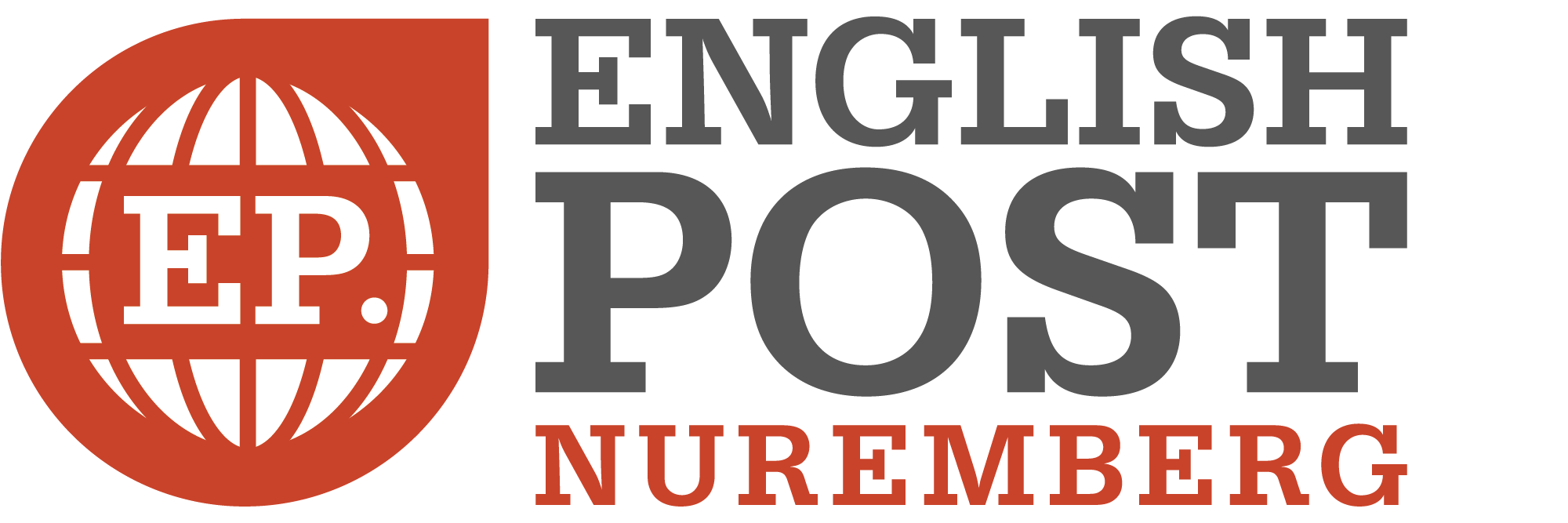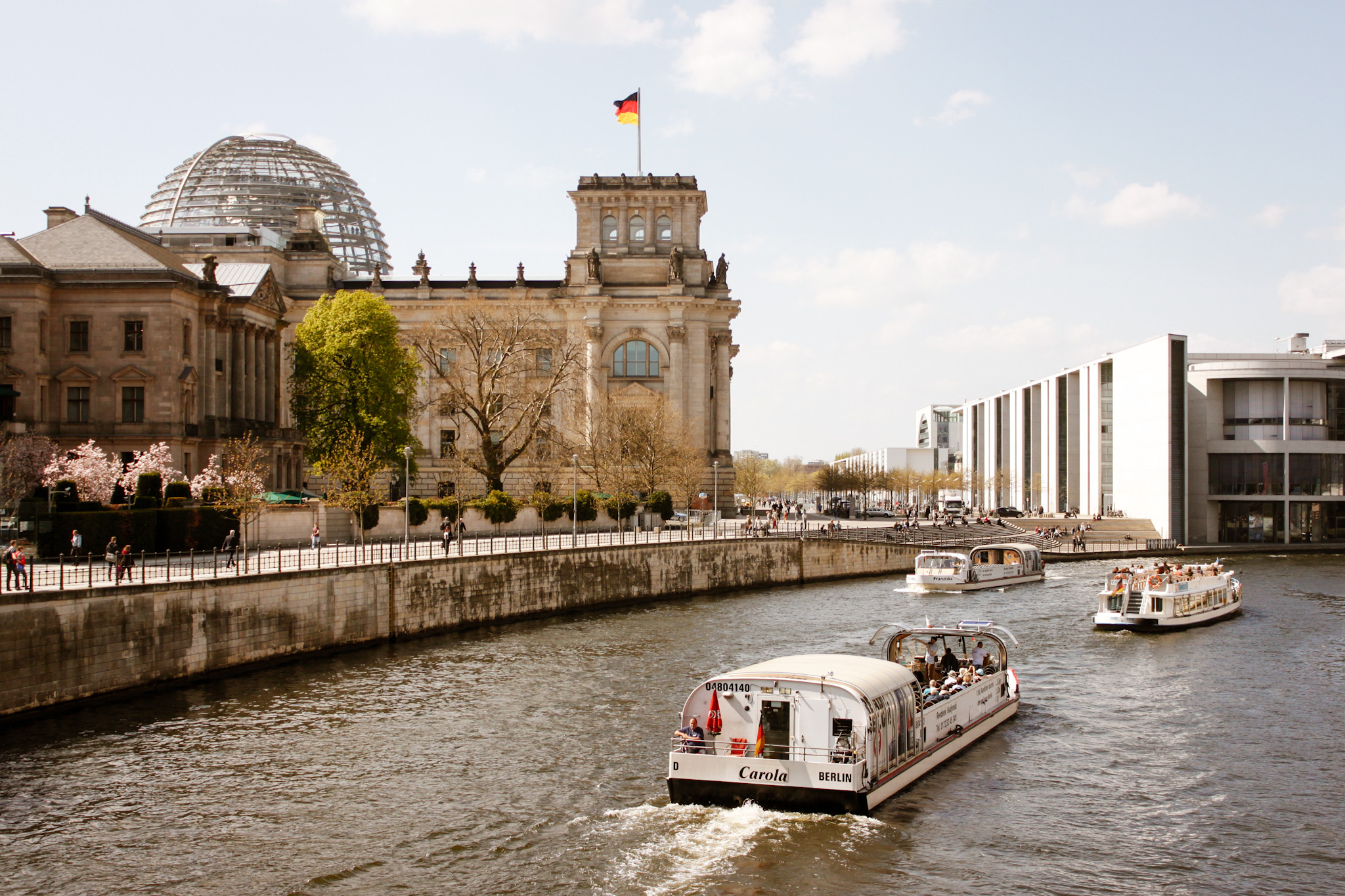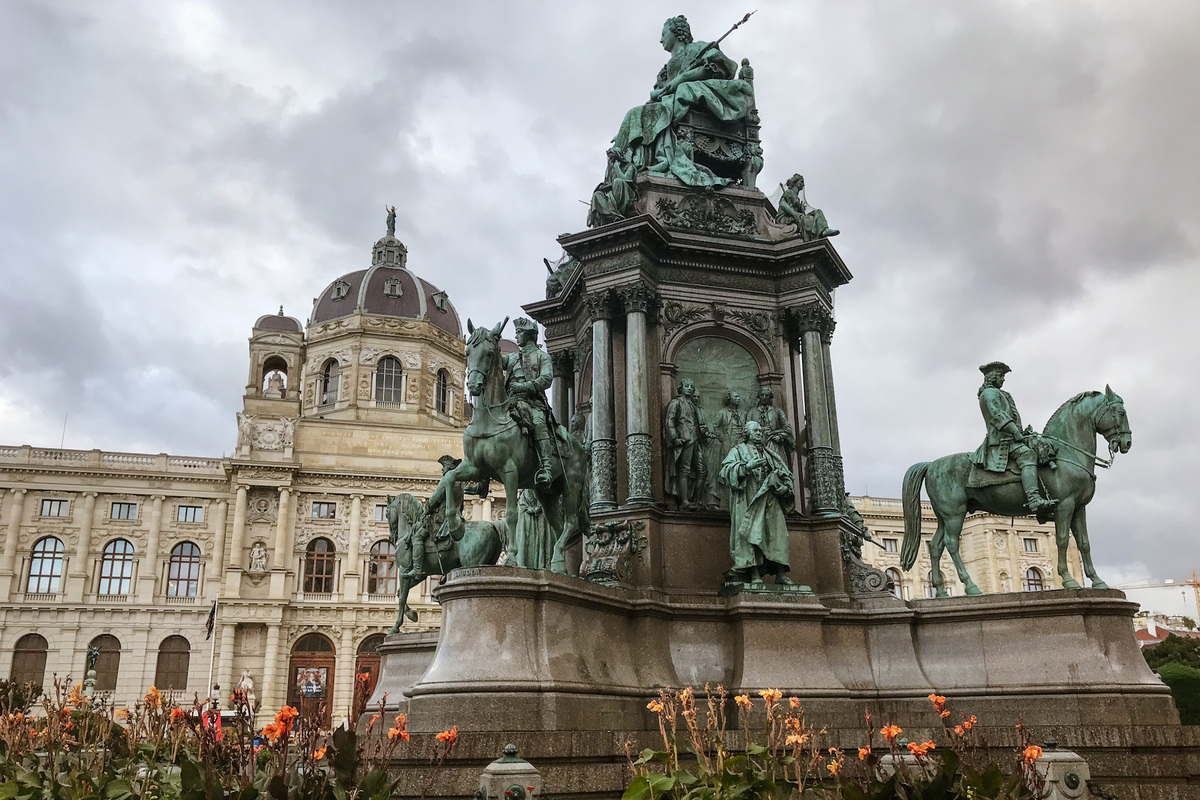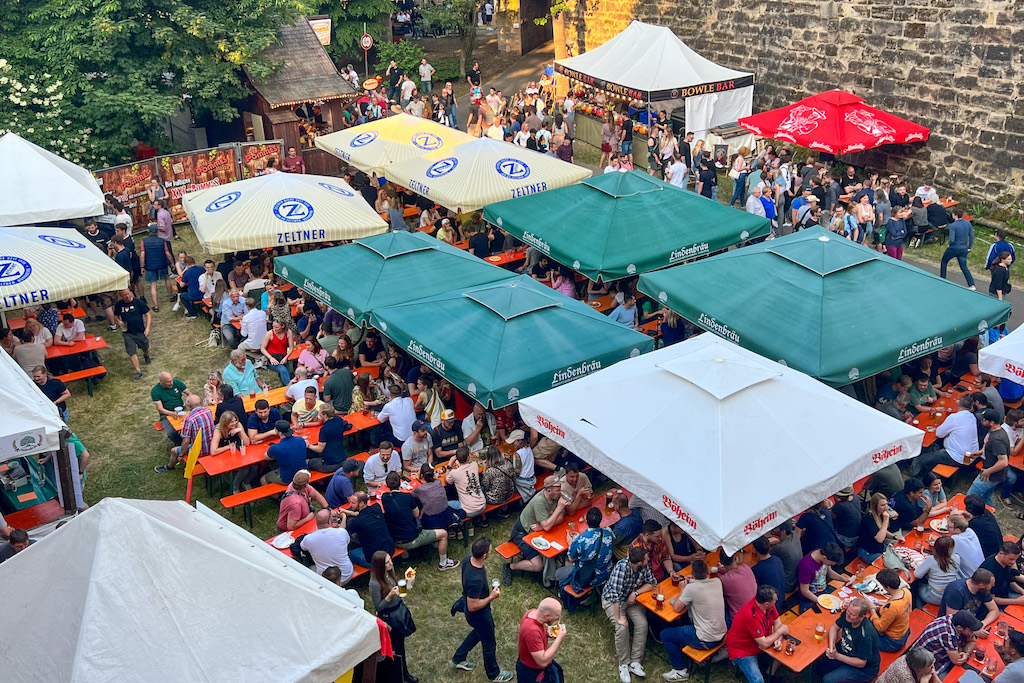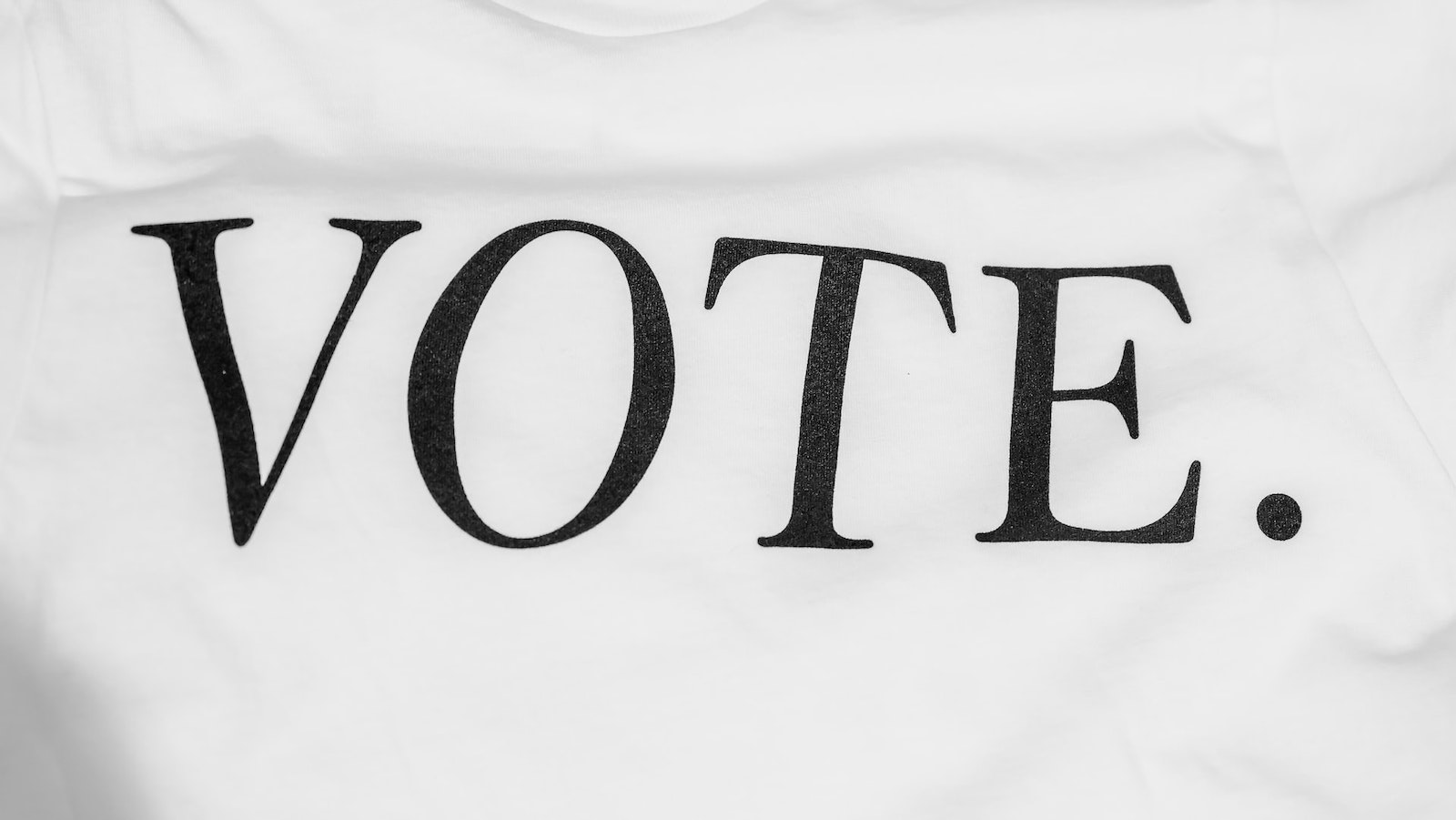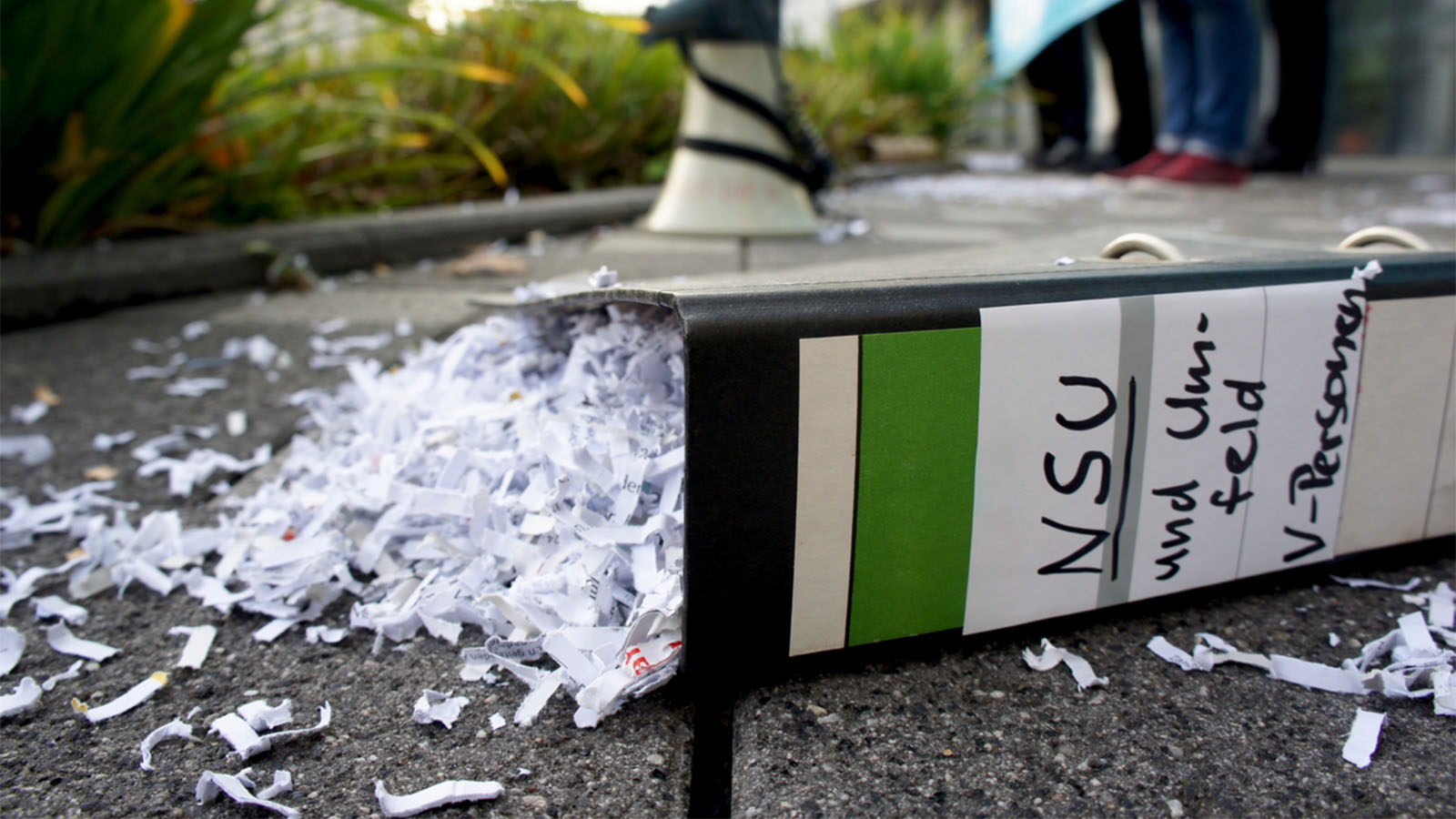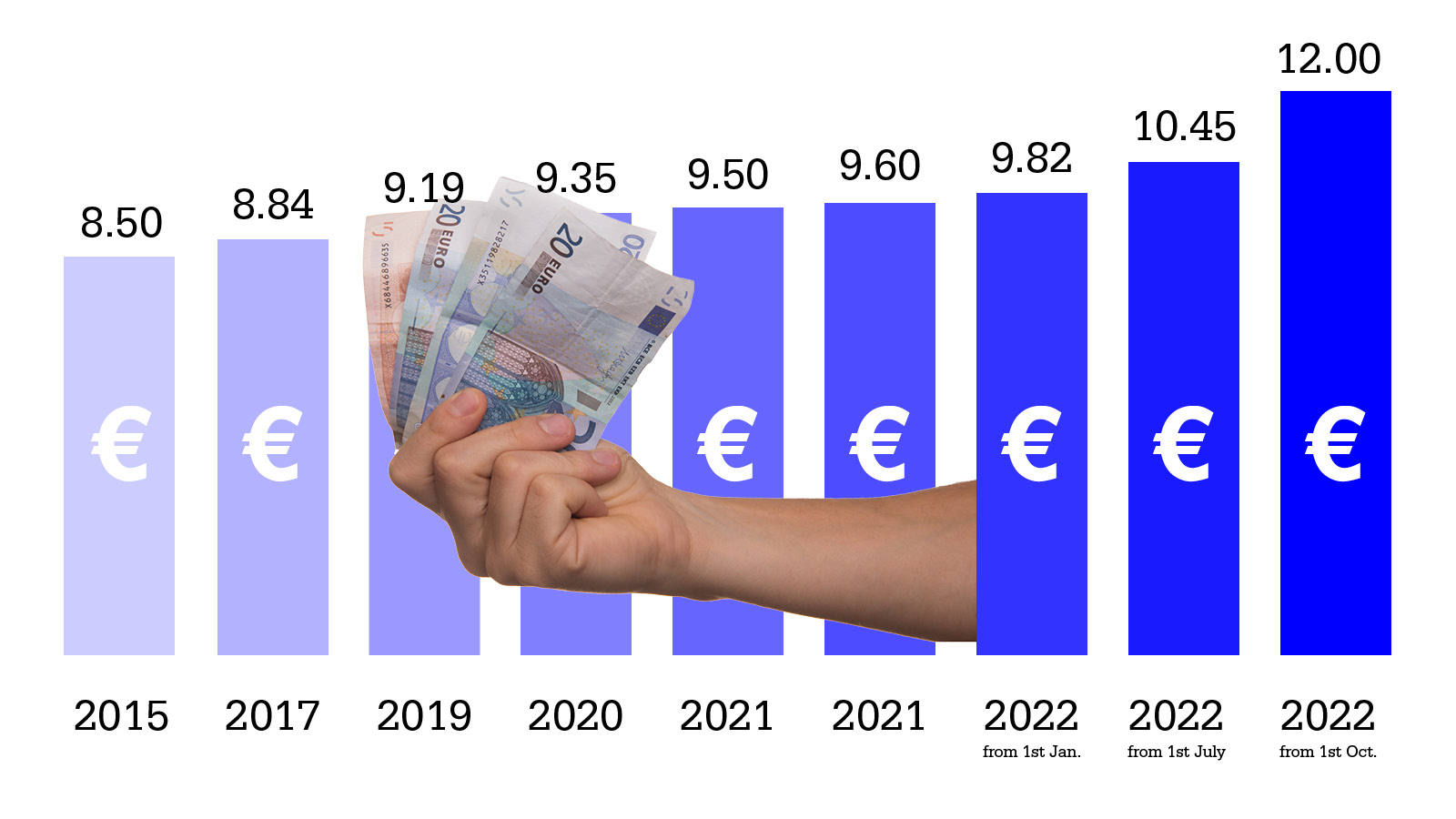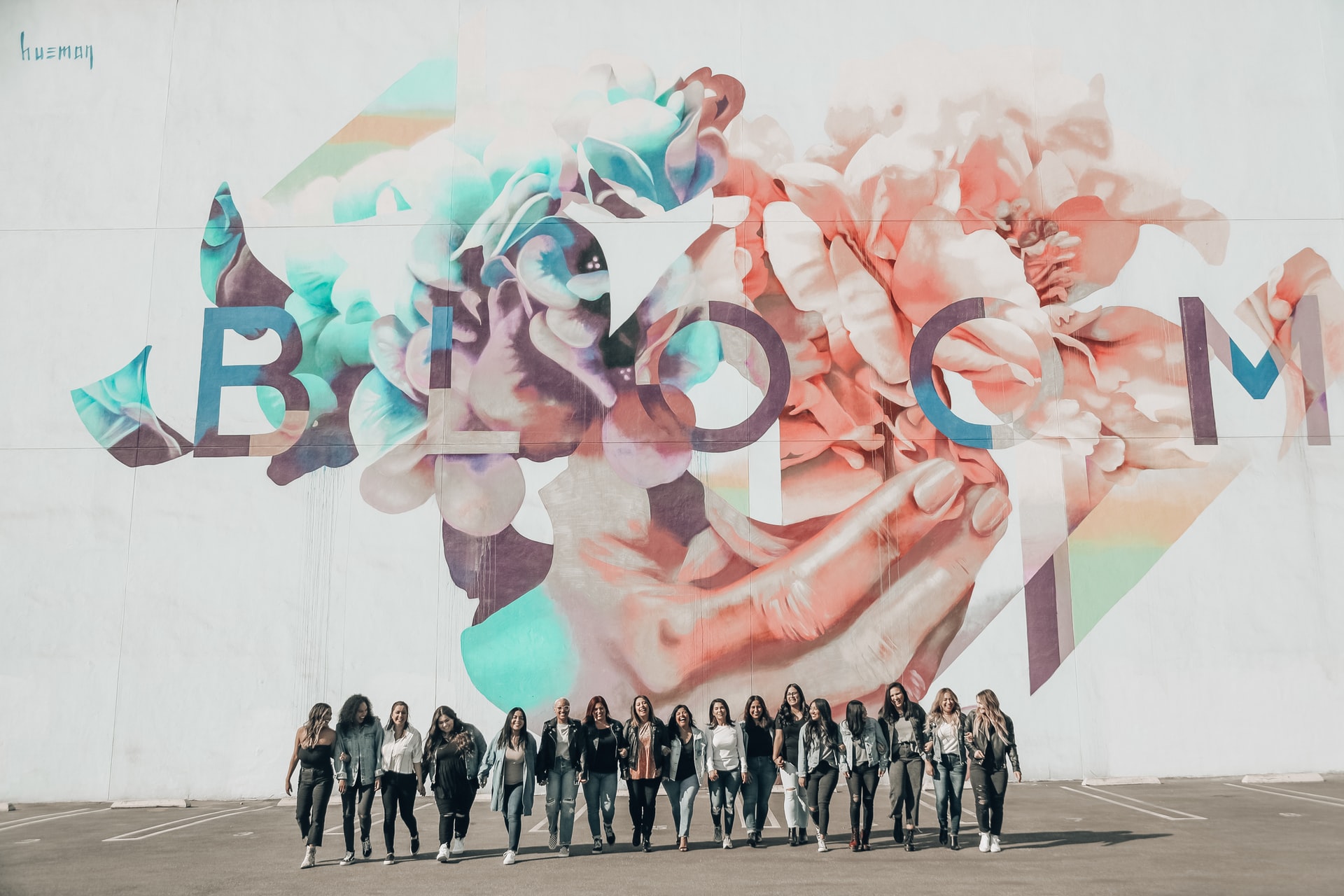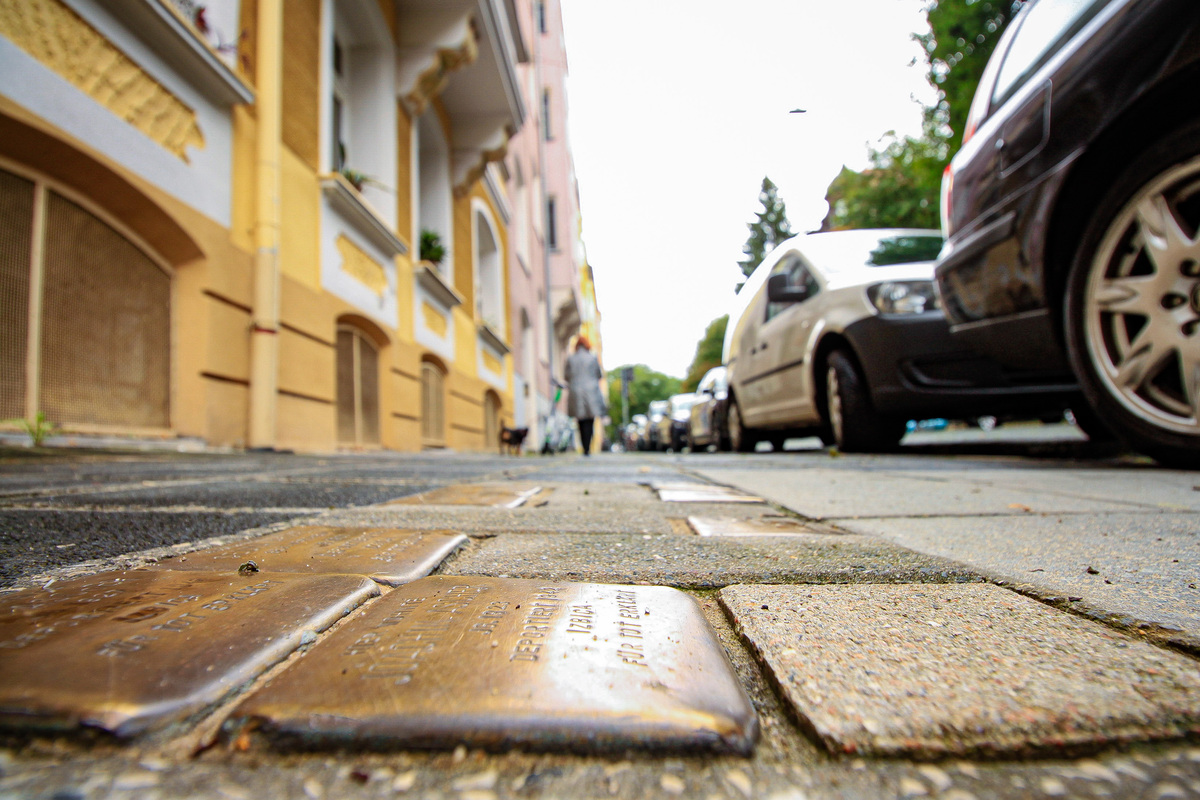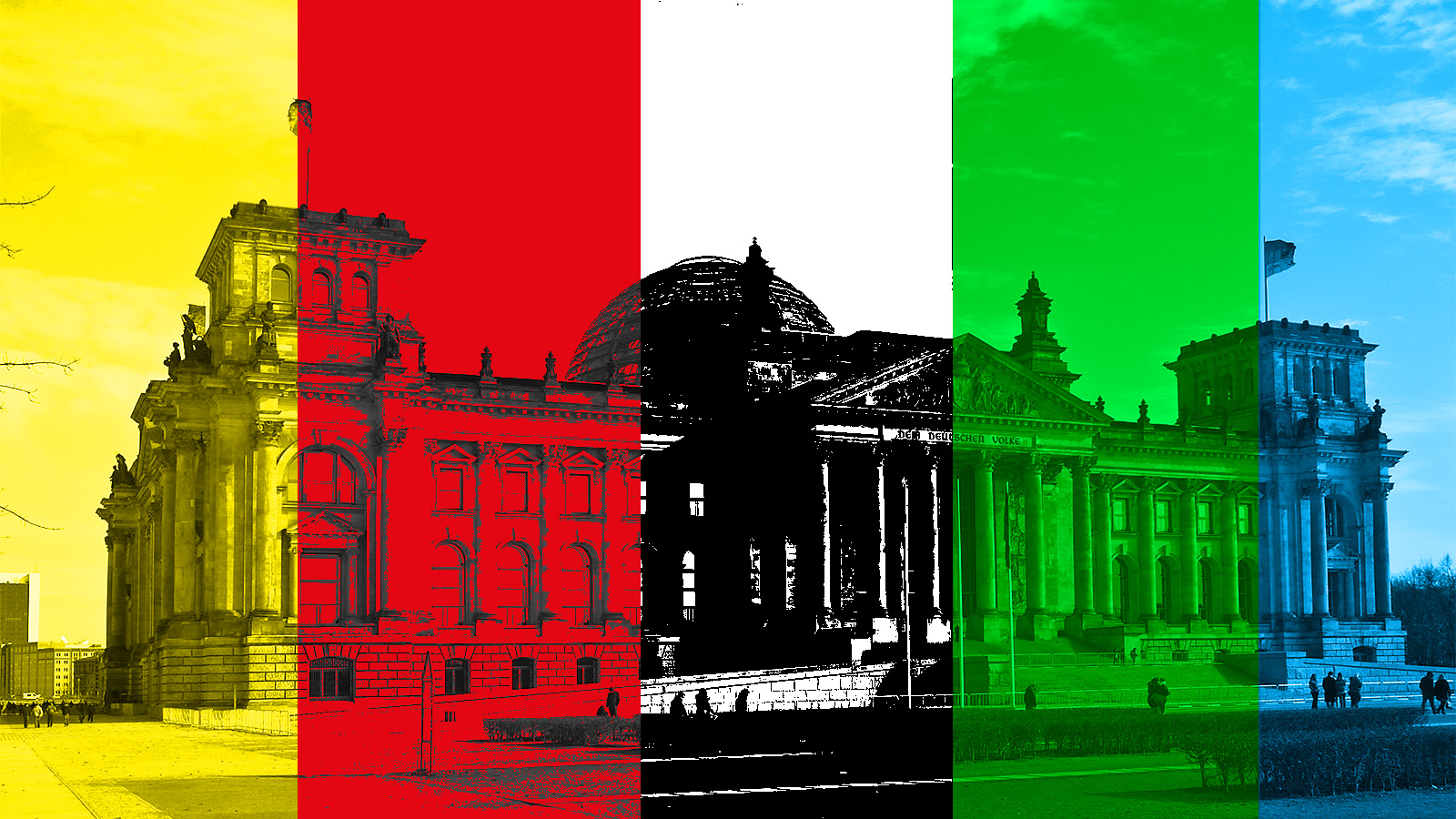Willkommen to Germany, your new home! With many cultural and political layers to learn, your new country can be an exciting and challenging roller coaster of experiences. Take advantage of the beer and wine culture; they can remove the pressure of the more puzzling aspects, such as the political system. Take a sip, relax, and let’s explore together!
The Political System:
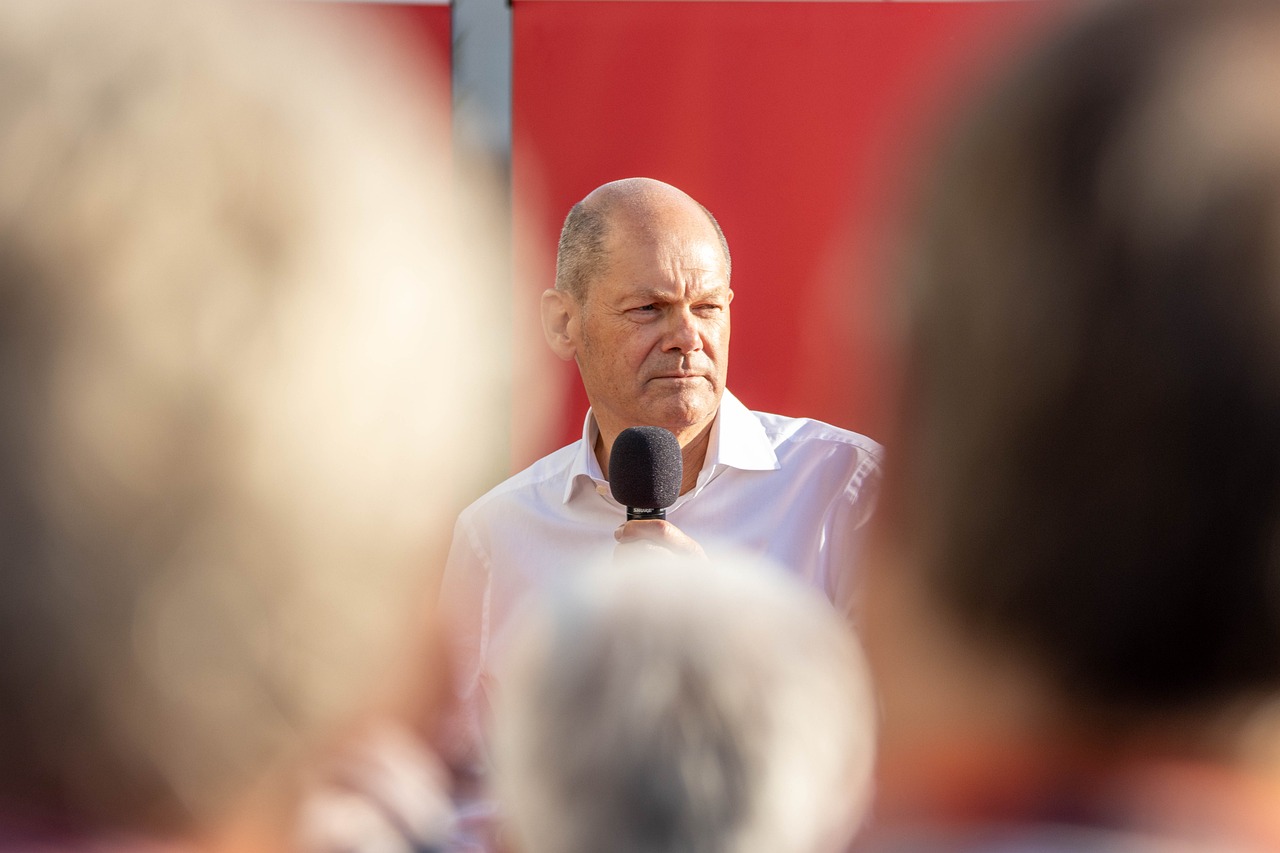
Some baseline knowledge of the German political system and its political parties will offer helpful insight into both your local community and German culture.
Germany is a Federal Republic and a parliamentary democracy. It runs on a multi-party system. This simply means there are several political parties represented in the government.
The people elect the government for a four-year term. Members of the Bundestag elect a person to occupy the position of Chancellor, currently Olaf Scholz. To muddy the waters a bit, there is also a Federal President for a five-year term that tends to be more of a ceremonial role.
Two chambers exercise legislative powers; the Bundestag (German parliament) and the Bundesrat (representing the 16 German states). Germany does have a written Constitution, the Grundgesetz für die Bundesrepublik Deutschland (Basic Law for the Federal Republic of Germany), which continues to be the foundation for all legal issues in the country.
Major Political Parties:
There are six major political parties. Locals generally refer to them by their acronyms. The Christian Democratic Union (CDU), the Social Democratic Party (SPD), the Alternative for Germany (AfD), the Free Democratic Party (FDP), The Left (Die Linke), and The Greens (Bündnis 90/Die Grünen).
1. Christian Democratic Union (CDU)
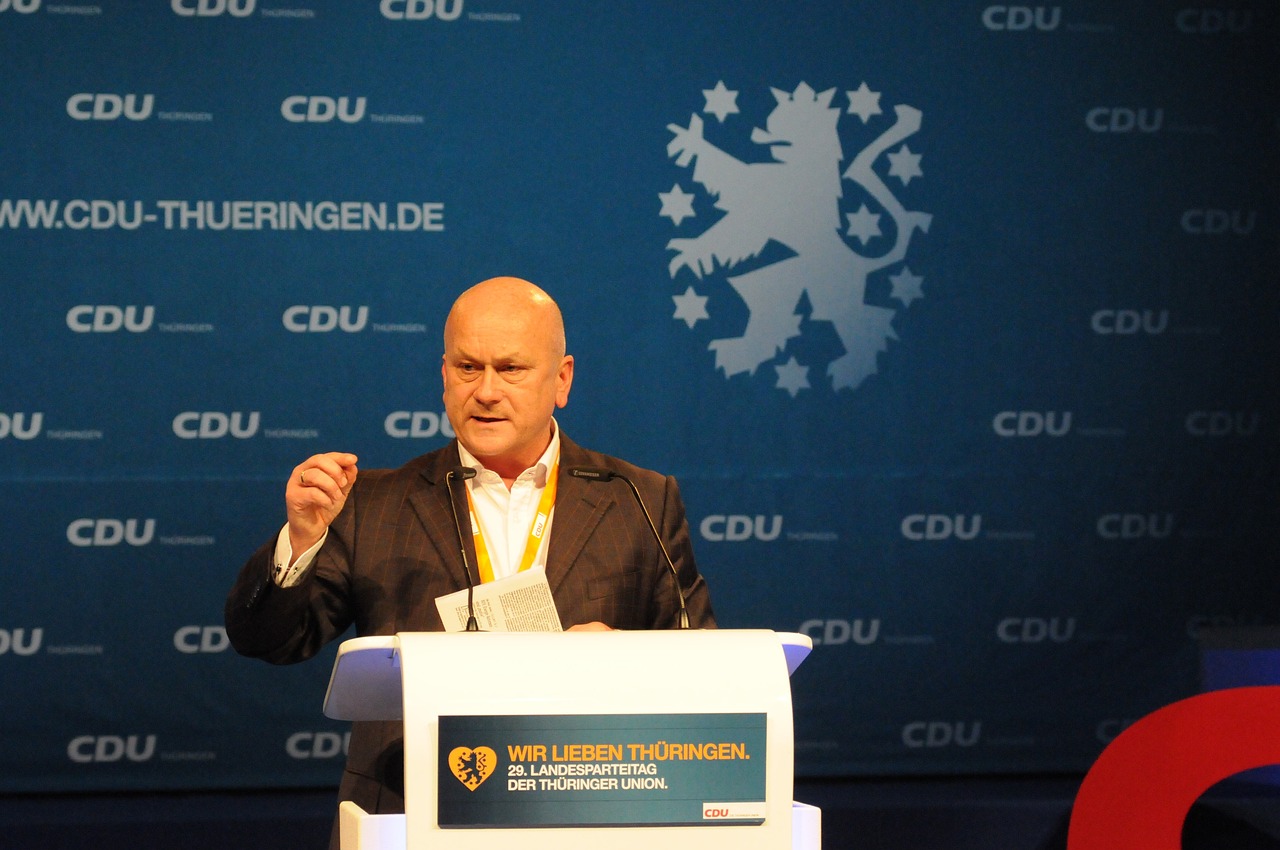
The Christian Democratic Union (CDU), currently led by Friedrich Merz (who succeeded Armin Laschet), was the governing party in Germany until 2021. The CDU is a center-right, conservative party. They advocate for a market economy combined with a strong welfare state. (Not to be confused with the Bavarian party, the CSU (Christian Social Union – despite their historically strong partnership).
The CDU’s stand is pro-European, combined with traditional German values. Founded after WWII in 1945 by remnants of the Weimar Republic, it is a dominant force in German politics. Notable former leaders include Angela Merkel and Helmut Kohl. The CDU’s foreign policy tends toward pro-American, anti-communist policies and is in support of European integration. The CDU is particularly strong in western parts of the country and rural areas.
2. Social Democratic Party (SPD)
The Social Democratic Party (SPD) is a center-left party currently in a coalition government with the Green Party and the Free Democratic Party (FDP). Founded in 1875, the SPD is the oldest German political party. Originally a strong Marxist organization, it continues to draw support from the working classes. They are also pro-European and support similar policies to the CDU. However, they hold more progressive views on current social issues and social justice. Currently led by Saskia Esken and Norbert Walter-Borjans, the SPD is particularly strong in Protestant and northern parts of the country.
3. Alternative for Germany (AfD)
The Alternative for Germany (AfD) is a right-wing populist party. Started in 2013, it has been gaining popularity by standing against immigration and EU integration. It supports very conservative policies against same-sex marriage and renewable energy. It is led by Tino Chrupalla and Alice Weidel. The AFD advocates for a nationalistic and highly conservative approach to politics and social issues. They also hold significant sway in the eastern parts of the country.
4. Free Democratic Party (FDP)
The Free Democratic Party (FDP) is a classical liberal party supporting a free market economy, individual liberty, civil liberties and an internationalist approach. Founded in 1948, it is currently led by Christian Lindner. The party supports policies that promote entrepreneurship and free trade. It has a history of junior partnerships with several coalition governments and continues to be a significant force in German politics. The FDP is particularly strong in urban areas and the western parts of the country.
5. The Left (Die Linke)
The Left (Die Linke), founded in 2007, is a left-wing party strongly opposed to capitalism. Its leaders, Janine Wissler and Martin Schirdewan, advocate against war and for increased social spending and public ownership for targeted industries. The current party is the result of a merger between the Party of Democratic Socialism and the Labour and Social Justice – The Electoral Alternative (which has a formerly eastern German communist background). The Left is very strong in the eastern part of the country.
6. The Greens (Bündnis 90/Die Grünen)
The Greens (Bündnis 90/Die Grünen) are a left-leaning party formed in 1993 by merging the western Green Party and the eastern German Alliance. Highly focused on environmental issues and social justice. Green Party rules stipulate public and party offices cannot be held concurrently. Consequently, the former leaders Annalena Baerbock and Robert Habeck, who are presently cabinet ministers, have been replaced by Ricarda Lang and Omid Nouripour. The Green Party is pro-European and believes in a market economy combined with a strong welfare state. The Greens are particularly strong in urban areas and especially in the western part of the country.
Dive into Political Conversations:

These are the movers and shakers in German politics. Feel free to now engage in local conversations at your favourite beer garden—just remember to keep your acronyms in order!
An additional shine to your new political savvy is knowing there are several smaller parties playing along the sidelines. They are represented in the regional parliaments or the European Parliament. These include; the Free Voters (Freie Wähler), the Pirate Party (Piratenpartei), Volt Germany (Volt Deutschland) and The Homeland (Die Heimat, formerly NPD). Pirates Ahoy!
That’s just enough to feel comfortably informed about your new country. Hang out with us here at Global Locals e.V. as we will be constantly adding useful bits of information as well as creating and updating our helpful guides. And don’t worry—Germans and Europeans do love a good political debate on the merits of all their parties. Armed with these basics, you will find yourself welcomed into conversations and quickly making new friends. Prost! 🍺
Since this article was written, a few changes have taken place in the leadership of some of the parties mentioned. The changes are as follows:
Point 3. Alternative for Germany (AfD)
It is led by Jörg Meuthen and Tino Chrupalla.
Changed to:
It is led by Tino Chrupalla and Alice Weidel.
Point 5. The Left (Die Linke)
Its leaders, Janine Wissler and Susanne Hennig-Wellsow…
Changed to:
Its leaders, Janine Wissler and Martin Schirdewan…
Point 6. The Greens (Bündnis 90/Die Grünen)
Annalena Baerbock and Robert Habeck lead this party.
Changed to:
Green Party rules stipulate public and party offices cannot be held concurrently. Consequently, the former leaders Annalena Baerbock and Robert Habeck, who are presently cabinet ministers, have been replaced by Ricarda Lang and Omid Nouripour.
Penultimate paragraph.
These include; the Free Voters (Freie Wähler), the Pirate Party (Piratenpartei), Volt Germany (Volt Deutschland) and the National Democratic Party (Nationaldemokratische Partei Deutschlands).
Changed to:
These include; the Free Voters (Freie Wähler), the Pirate Party (Piratenpartei), Volt Germany (Volt Deutschland) and The Homeland (Die Heimat, formerly NPD).
Fourth paragraph.
To make clear that it is only the governing party that the people elect.
Changed to:
The people elect the government for a four-year term. Members of the Bundestag elect a person to occupy the position of Chancellor, currently Olaf Scholz.
